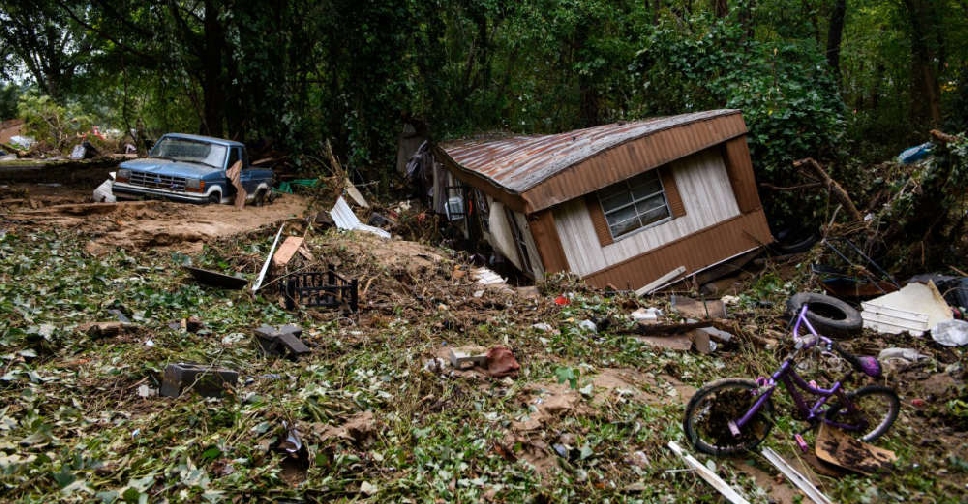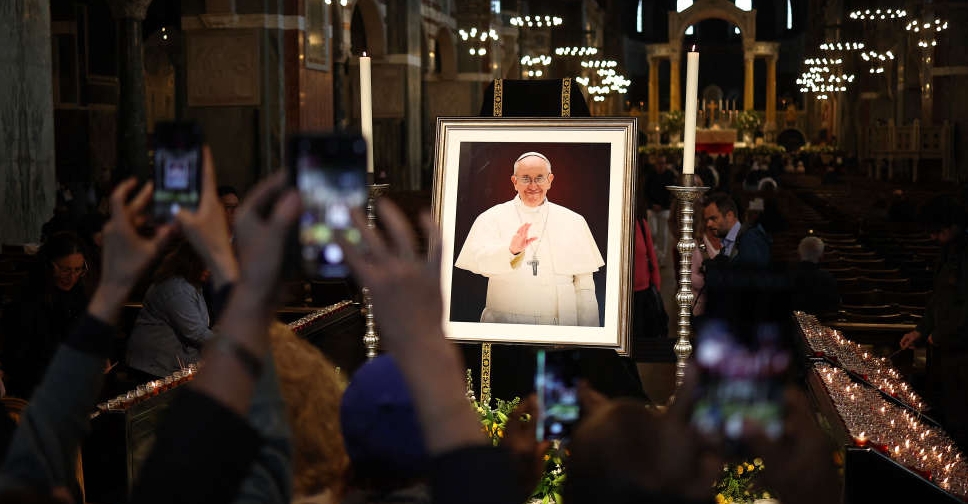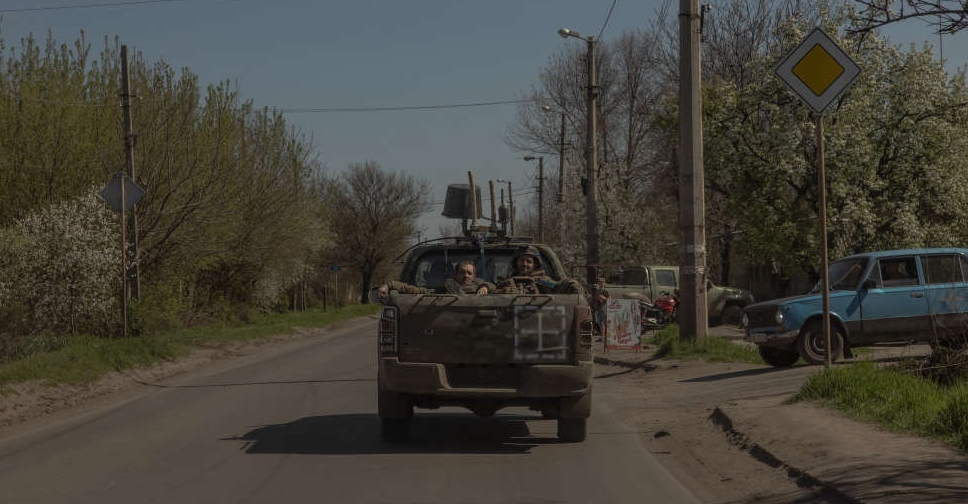
The Southeastern US began a huge cleanup and recovery effort as the death toll climbed towards 100, after Hurricane Helene knocked out power for millions, destroyed roads and bridges and caused dramatic flooding from Florida to Virginia.
The storm's winds, rain and storm surge killed at least 90 people in North Carolina, South Carolina, Georgia, Florida, Tennessee and Virginia, according to a Reuters tally of state and local officials.
Officials feared still more bodies would be discovered.
With cellphone towers down across the region, hundreds of people had yet to make contact with loved ones and were listed as unaccounted for.
Damage estimates ranged from $15 billion (AED 55 billion) to more than $100 billion (AED 365 billion), insurers and forecasters said over the weekend, as water systems, communications and critical transportation routes were affected.
Property damage and lost economic output will become clearer as officials assess the destruction.
In North Carolina, nearly all the deaths were in Buncombe County, where 30 people died, Sheriff Quentin Miller told a video conference call with reporters.
County Manager Avril Pinder said she was asking the state for emergency food and drinking water. Streets in the picturesque city of Asheville were submerged in floodwater.
"This is a devastating catastrophe of historic proportions," Governor Roy Cooper told CNN. "People that I talk to in western North Carolina say they have never seen anything like this."
Search and rescue teams from 19 states and the US government have converged on the state, Cooper said, adding that some roads could take months to repair.
In Flat Rock, North Carolina, there were widespread blackouts, and people waited hours in line for gas.
Roughly 2.7 million customers throughout the South were without power on Sunday, a US Energy Department official said, down 40 per cent from Friday after unprecedented storm surges, ferocious winds and perilous conditions extended hundreds of miles inland.
South Carolina reported 25 dead, Georgia 17 and Florida 11, according to the governors of those states.
President Joe Biden plans to visit affected areas this week, once he can do so without disrupting emergency services, the White House said.



 Cardinals to meet after death of Pope Francis, plan for funeral
Cardinals to meet after death of Pope Francis, plan for funeral
 Putin says he is open to direct peace talks with Ukraine
Putin says he is open to direct peace talks with Ukraine
 Pope Francis dies aged 88, Vatican says
Pope Francis dies aged 88, Vatican says
 Half of Ukraine under air raid alerts hours after Russia ceasefire ends
Half of Ukraine under air raid alerts hours after Russia ceasefire ends
 Vance arrives in India, to hold talks with Modi under US tariffs shadow
Vance arrives in India, to hold talks with Modi under US tariffs shadow




